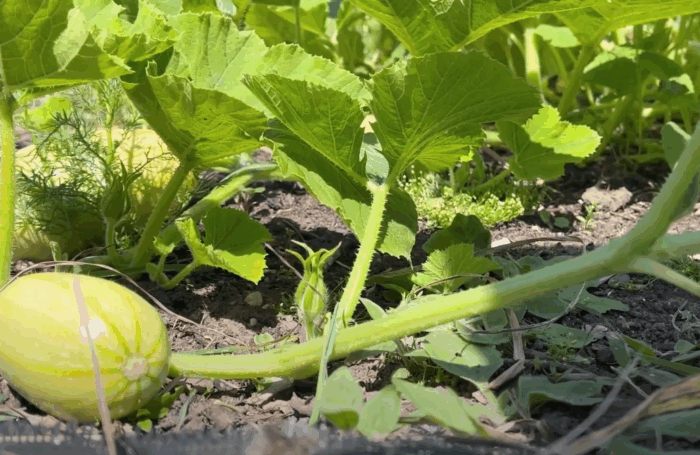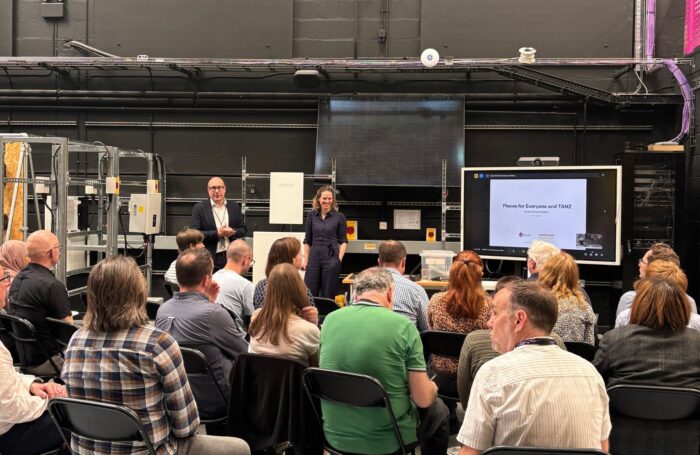Biodiversity Net Gain (BNG) part of GM’s nature recovery plans
Nature and biodiversity are in decline across England. Locally in Greater Manchester, initiatives across the public, private and third sectors under the GM 5 Year Environment Plan are seeking to reverse this and deliver the wider environmental and socio-economic benefits that improving our natural environment can bring.
The government’s 25 Year Environment Plan and recently passed Environment Act (2021) seek to provide a national framework and new powers to support these efforts. This includes the requirement for local areas in England to develop Local Nature Recovery Strategies and the requirement, from November 2023, for Biodiversity Net Gain from new development. The Greater Manchester Five-Year Environment Plan also includes a high-level commitment to supporting the delivery of Biodiversity Net Gain across our city region.
Biodiversity Net Gain is an approach to development, such as a new building or construction, that leaves biodiversity in a better state than before. Where a development has an impact on biodiversity, developers will need to provide an increase in appropriate natural habitat and ecological features over and above that being affected (at least 10% more compared to the initial baseline). Through Biodiversity Net Gain, the current loss of biodiversity through development will be halted, which in turn will help contribute to reversing the decline in biodiversity.
To put it simply:
Biodiversity Net Gain is an approach to development that means leaving biodiversity in a measurably better state than beforehand.
Biodiversity Net Gain must first be delivered on the development site itself, through avoidance and minimising loss and seeking restoration on-site. Where this cannot be achieved, developers will need to look at any remaining BNG being delivered off-site through offsetting. . Our ambition is for any off-site biodiversity uplift to take place in areas that are most important for biodiversity and as close to the development site as possible.
GMCA has been doing a lot to ensure that its prepared for mandatory BNG with guidance, in particular to make sure sites are being identified and brought forward that could meet the demand for biodiversity off-setting. This preparation includes a Local Nature Recovery Strategy pilot, a new Offsite Scoping Study and Implementation Plan (carried out by The Environment Partnership TEP), several case studies, a webinar attended by over 400 people and training for 50 local authority officers and members. Key resources are available to browse on the GMCA website: https://www.greatermanchester-ca.gov.uk/what-we-do/environment/natural-environment/biodiversity-net-gain/
Ensuring that this work is joined-up and cascaded through Greater Manchester local authority work and plans, a Joint Biodiversity Net Gain Implementation Team and Local Authority Biodiversity Net Gain Implementation Group continues to meet regularly.
Working side-by-side with this work, is the Natural Course project, now into Phase 4 and due for completion at the end of March 2024. This project has been supporting the BNG approach and will continue to deliver actions in the TEP BNG Offsite Scoping Study and Implementation Plan including a Greater Manchester BNG Need and Supply Assessment being undertaken by the Greater Manchester Ecology Unit.



